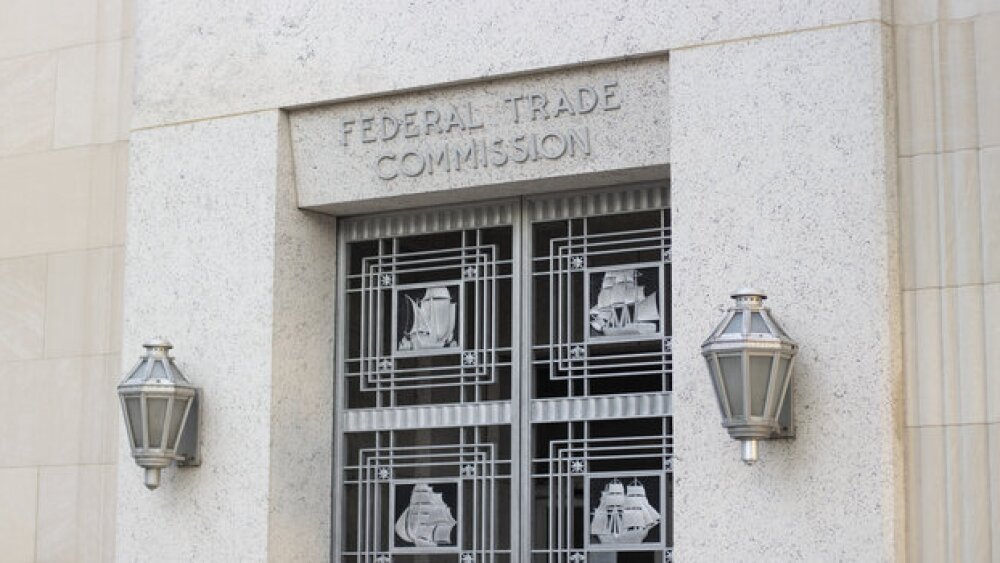The Federal Trade Commission is supporting the U.S. Patent and Trademark Office’s proposed new rules requiring parties to a patent dispute to disclose all settlement agreements, including pharmaceutical drug settlements.
The Federal Trade Commission on Tuesday announced it has submitted a comment backing the U.S. Patent and Trademark Office’s recently proposed changes to the way it reviews patent disputes, enabling greater antitrust oversight over pharmaceutical drug settlements.
The Patent and Trademark Office (PTO) in April 2024 moved to require parties to a patent settlement to disclose all pre-institution agreements, which take place between the companies involved before the PTO’s Patent Trial and Appeal Board (PTAB) even decides whether to hold a trial or not.
The proposed changes would also require parties to disclose collateral deals that the companies arrive at before bringing the dispute to the PTAB.
Under current PTO rules, parties are only required to reveal details of a settlement agreement if a dispute is settled after the PTAB has started its proceedings.
The PTO’s proposed changes would “enhance both the FTC and the Department of Justice’s ability to monitor and curb potentially anticompetitive settlement agreements,” According to Tuesday’s announcement. The new rule, if instituted, would also help the FTC “identify and investigate potentially unlawful settlements in the pharmaceutical sector and across other industries.”
The broader disclosure requirements could allow the FTC to “detect reverse payment settlements” in which the patent holder pays an alleged infringer to drop its challenges to the patent and delay its entry into the market. In the pharma industry, these types of settlements “raise antitrust concerns” because they stifle competition and keep medication drug prices high, according to the FTC.
Voting 5-0, the FTC’s support of the PTO’s proposed rules was unanimously backed by the commissioners.
Since last year, the FTC has stepped up its scrutiny of pharma patents. In November 2023, the antitrust watchdog challenged more than 100 listings on the FDA’s Orange Book, claiming that they were “improperly or inaccurately listed.” The campaign targeted various companies, including GSK, AstraZeneca and AbbVie, and focused on products such as asthma inhalers and autoinjectors.
In December 2023, three companies voluntarily withdrew patents from the Orange Book, including Impax, Kaléo and GSK, which put in requests to pull listings for their epinephrine autoinjectors and asthma inhalers.
In April 2024, the FTC set its sights on Novo Nordisk’s blockbuster weight-loss drug Ozempic (semaglutide), as well as its diabetes treatments Saxenda (liraglutide) and Victoza (liraglutide). The commission also wrote to nine other pharma companies, including GSK and Novartis, leveling their complaints.
At the time, FTC Chair Lina Khan said in a statement that these “bogus patent listings” allow pharma companies to “block competition and inflate the cost of prescription drugs, forcing Americans to pay sky-high prices for medicines they rely on.”
Tristan Manalac is an independent science writer based in Metro Manila, Philippines. Reach out to him on LinkedIn or email him at tristan@tristanmanalac.com or tristan.manalac@biospace.com.






